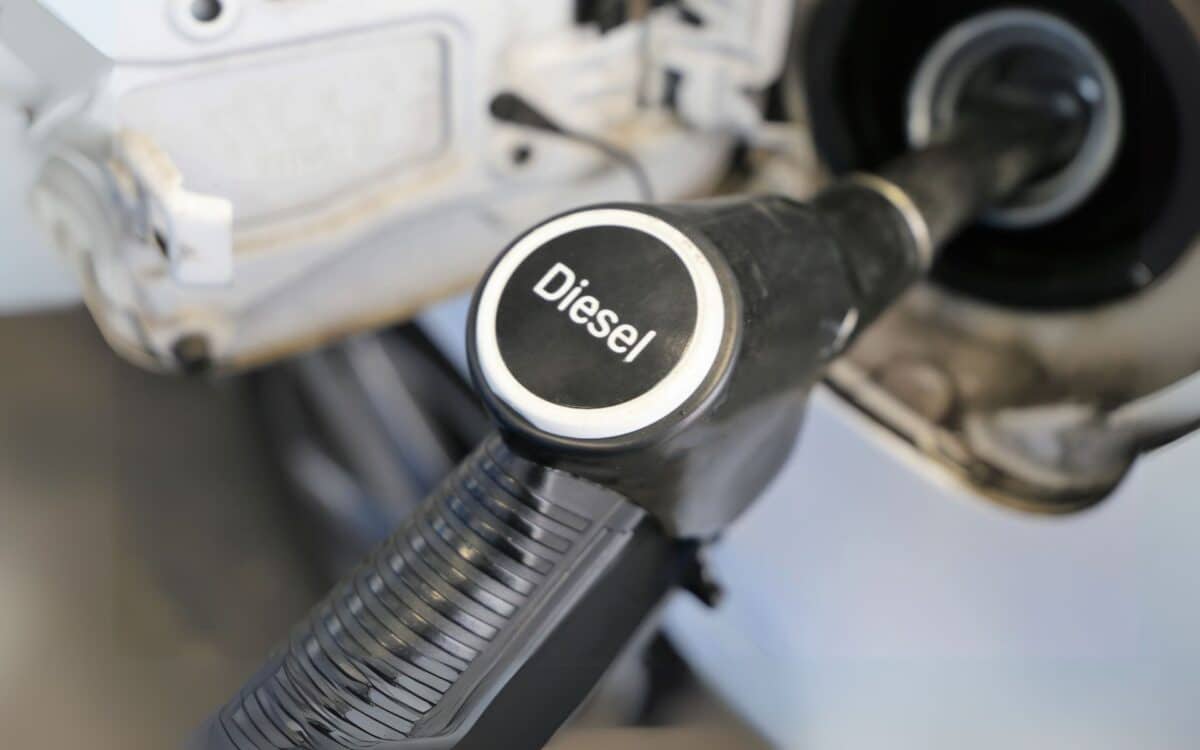Petrol and diesel vehicles may soon face additional environmental taxes as the UK explores ways to support the electric vehicle (EV) rollout and meet its net zero targets by 2050. Industry experts suggest that such measures could generate funds to reinstate consumer incentives and accelerate the adoption of zero-emission vehicles.
Decline in Electric Vehicle Incentives
The UK government previously provided financial assistance through the Plug-In Car Grant, offering up to £1,500 per purchase of electric and plug-in hybrid vehicles. However, this program was scrapped in 2022, contributing to a slower adoption rate among private buyers.
- In 2024, only 18.7% of new car sales were fully electric.
- This figure fell short of the government’s target of 22% for the year.
- Future targets include 80% electric sales by 2030 and 100% by 2035.
Fleet customers now dominate EV purchases, while private consumers hesitate due to higher costs and limited incentives.
Proposal for an Environmental Tax on ICE Vehicles
William Brown, Managing Director of International Motors, has proposed an environmental tax on internal combustion engine (ICE) vehicles to fund incentives for EV buyers. He stated:
“Maybe the only solution is to have some sort of additional environmental tax on ICE vehicles. On the one hand, you’re sending a clear message that you can buy an ICE vehicle, but it’s going to cost more money. With that money, you can reinvest it to help fund incentives to get people on the journey to EVs.”
Brown argues that such a tax would create a self-funding system, encouraging EV adoption without increasing the financial burden on the government. He pointed to Norway, where a similar system of grants funded by taxes on conventional vehicles has driven electric vehicle uptake.
The Need for Government Intervention
Despite ambitious targets under the Zero Emissions Vehicle (ZEV) mandate, industry leaders warn of significant challenges :
- Heavy fines for manufacturers failing to meet EV sales quotas.
- Factory closures and job losses in response to stringent mandates.
- Insufficient demand from private buyers, resulting in financial strain on the industry.
Brown emphasised the importance of reinstating financial support, stating:
“The problem is we need more demand for electric vehicles, and the only way to do that is to help consumers with the buying decision.”
Opposition and Alternative Perspectives
Not all stakeholders agree with the proposal. The Society of Motor Manufacturers and Traders (SMMT) has taken a different stance on how to boost EV adoption. They suggest that reducing the upfront cost of EVs and investing in charging infrastructure would have a greater impact than taxing petrol and diesel vehicles.
Norway’s Model of Success
In Norway, a combination of EV subsidies and higher taxes on conventional vehicles has been highly effective:
- EVs now account for over 80% of new car sales in the country.
- Buyers benefit from incentives such as reduced VAT and registration fees.
The UK could emulate this model to stimulate its EV market, but experts caution that such measures need careful implementation to avoid economic strain.
The Path Forward
The UK faces the challenge of balancing consumer affordability, industry sustainability, and environmental needs as it strives to meet its net zero goals. Implementing an environmental tax on petrol and diesel cars could generate essential funding for EV incentives, but it must be accompanied by investments in charging infrastructure and supply chain improvements.
By creating a comprehensive strategy, the government can encourage EV adoption while minimising disruptions to the automotive industry and consumer finances.









